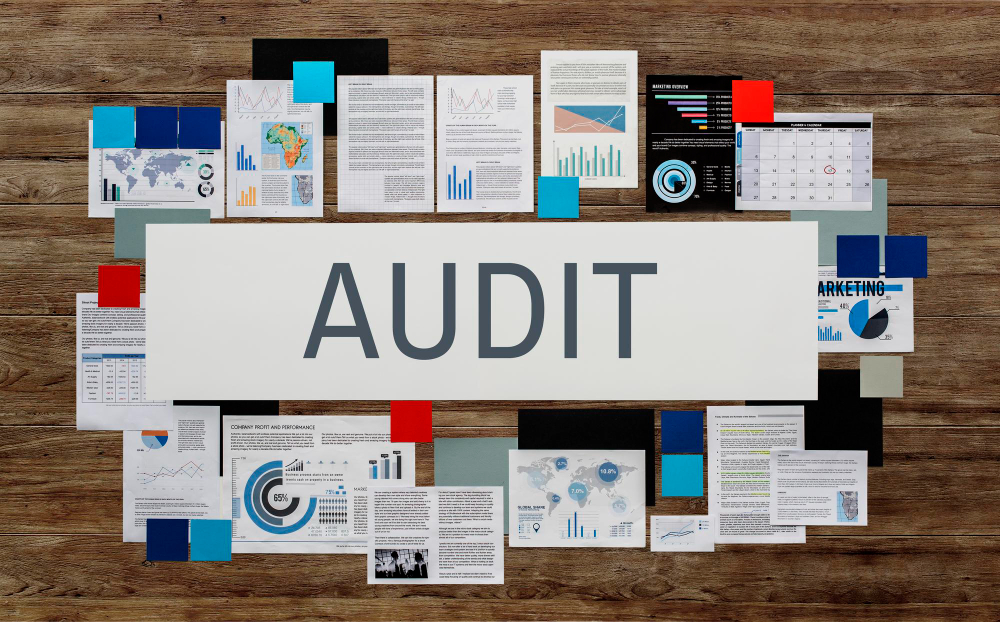
HEALTH CARE COMPLIANCE PROGRAMS: AN OVERVIEWHealthcare businesses must have compliance processes in plac

Healthcare businesses must have compliance processes in place to guarantee that rules and regulations are followed in order to avoid penalties and legal action. A proactive compliance program is intended to identify violations and take prompt corrective action, supporting patient wellbeing and organizational sustainability.
Regulations are essential for advancing moral and righteous company conduct and ensuring the safety of the general public, employees, and customers. Compliance with rules is crucial in the healthcare sector since failure to do so can have serious repercussions, putting patients’ lives and financial stability at risk.
A regulation is a law designed to restrain the actions of specific entities, particularly those with regard to the economy. Laws and regulations are not the same things, yet they are connected. Once a bill is approved by Congress (or a state legislative assembly), it becomes a law. Regulations are then made for entities under the authority of federal or state agencies and departments. Financial or legal fines may be imposed for breaking restrictions.
Healthcare is one of the sectors with the highest regulatory burden in the nation, and for good reason. Someone’s life might be at risk in the healthcare profession if laws are not followed. In less extreme situations, it may cost healthcare providers or their patients thousands of dollars or more.
As the government passes new laws and rules change, compliance plans are created to make sure that healthcare businesses are functioning in conformity with state and federal standards. Your healthcare company might jeopardize both its long-term viability and the wellbeing of its patients by failing to implement a strong compliance program.
Why are compliance programs vital and what do they entail?
A compliance program is a technique used by healthcare organizations to guarantee that they are adhering to the necessary rules and regulations and shield them from penalties and legal action. Proactive, not reactive, is the hallmark of a strong compliance program. Infractions are intended to be avoided at all costs. However, if a problem does arise, an excellent compliance program promptly detects it and enables an immediate, efficient solution.
How to Develop a Successful Compliance Program?
Evaluating threats and vulnerabilities
The analysis of potential problem areas is the first stage in a compliance program. Identifying departments that operate with minimal control or conducting a security infrastructure assessment to find any vulnerabilities that malicious actors can exploit are two examples of how to do this. A healthcare institution can develop a compliance program to reinforce those weak points once it has determined the areas that require improvement.
Establishing guidelines and rules
More regulatory infractions are the result of honest errors and negligence than malicious intent. However, if all employees follow the same procedure and set of rules each time they do a task, mistakes are less likely to occur. Developing thorough rules and processes for preventing noncompliance and responding rapidly to it when it does occur is a component of a compliance program.
Assigning responsibility and accountability
Compliance officers oversee the most successful compliance initiatives. They are responsible for conducting routine risk assessments and making sure that the established rules and procedures are followed. The regulations are meaningless if nobody is there to uphold them.
Improved Compliance Management and New Technologies
Compliance is becoming simpler for healthcare enterprises of all sizes due to artificial intelligence, machine learning, and other cutting-edge technology. Many facilities may now automate formerly manual procedures to reduce the risk of noncompliance brought on by human mistake. Companies in the healthcare industry can also conduct automated audits to swiftly check for weaknesses or detect problems. The healthcare industry today includes a vast number of establishments. Communication technology make it simple to coordinate compliance measures from a central place across several campuses and affiliates.
The necessity for compliance programs endures despite shifting legislation
In order to guarantee that patients have access to the right care when they need it, regulations are in place in the healthcare sector. Compliance initiatives are more than simply a thorn in the side of bureaucracy. They are crucial for safeguarding the security of your patients as well as your healthcare institution as a whole.
Assessing risks and vulnerabilities, defining extensive rules and procedures, and delegating duties to compliance officers are all necessary steps in developing a successful compliance program. Modern tools like AI and machine learning expedite compliance management and minimize human mistake, but they still require rigorous auditing to maintain accuracy.
The importance of compliance programs in ensuring equal and high-quality healthcare access endures as rules change. These initiatives defend patients’ safety, dignity, and access to quality care in addition to safeguarding healthcare institutions as companies.


Categories
Contact Us
USA
16192, Coastal Highway, Lewes,Delaware 19958.
1 (302) 565-2162
info@infonetiqservices.com
USA
175 Pearl St. Floor 1 Brooklyn,
New York 11201.
1(917) 672-7353
info@infonetiqservices.com
INDIA
Plot No:78, Ratna Space, Royala Nagar,
Chennai-600089.
1(917) 672-7353
info@infonetiqservices.com
© 2023 Infonetiq. All Rights Reserved.

Leave a Reply